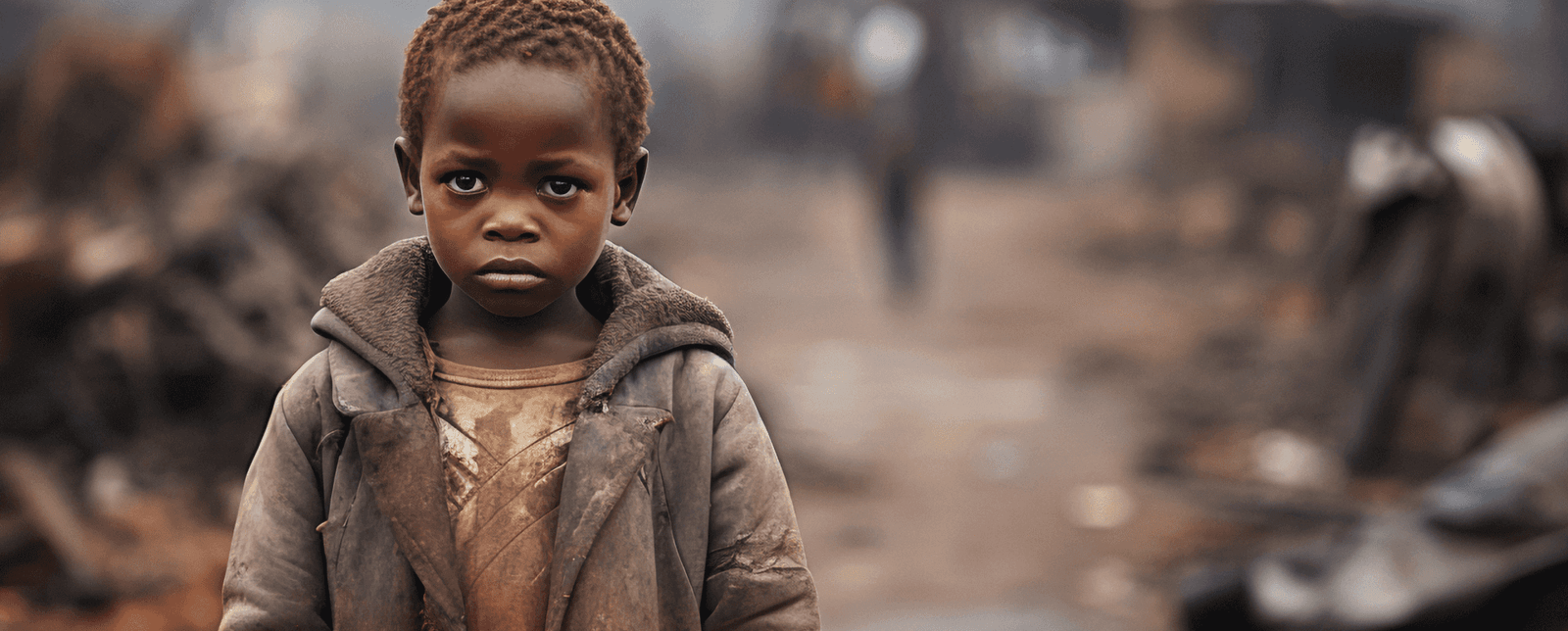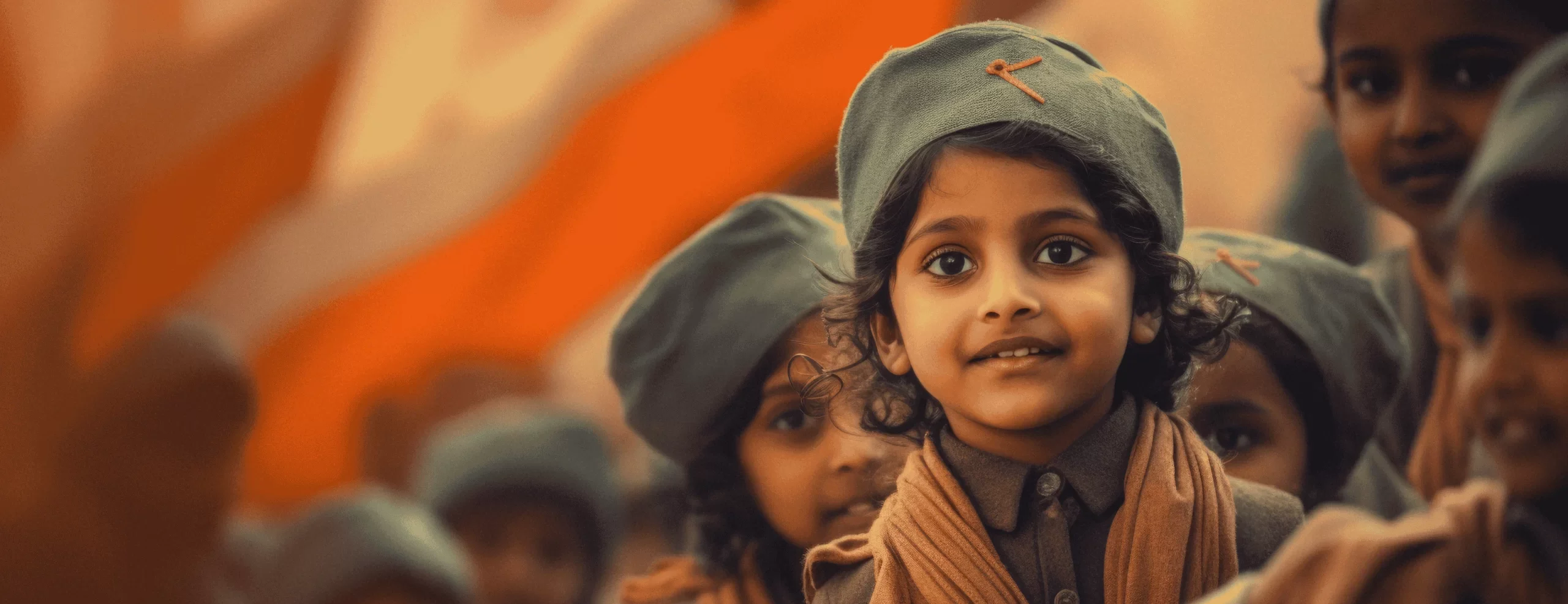



- Start donating poor people
Helping each other can make world better
Your Kindness Can Be Someone’s Miracles.
Start Helping Them
Raising awareness about the charity's mission and cause.
Make Donations
Raising awareness about the charity's mission and cause.
- Helped fund 3,265 Project powerful corporate poor
- We give child a gift of a education
- We help companies develop powerfu corporate social Responsibility
+1(403)464-0461
What do we mean when we talk about children’s rights? And what is the role of the UN Convention on the Rights of the Child?

What They Really Mean
Human rights are the basic protections and freedoms that every person should expect from their government, no matter where they live. These rights include access to healthcare and education, freedom from wrongful arrest, and protection from discrimination based on gender, race, or sexual orientation. These rights apply to all people—everywhere. They form the foundation of any society that values human dignity and freedom. But where do children fit in?
Here’s the truth: children are humans, and all humans have rights. Simple, right? But in practice, this truth is often ignored or pushed aside. Too often, children are seen only as “the future” or “leaders of tomorrow.” They’re rarely recognised as full rights-holders today. The very label “minor” suggests lesser status, and with it comes the risk of being overlooked or dismissed.
But children are equal to adults in dignity and rights—right now. When we talk about the right to free expression, privacy, health, or education, we’re talking about human rights. And children are human. These rights shouldn’t begin at adulthood, because no one chooses their age.

Unique Needs, Unique Rights
Of course, children also have specific needs. As the youngest group in society, they face distinct risks and challenges. That’s why they have additional rights that respond to their unique experiences. The most widely recognised framework for these rights is the UN Convention on the Rights of the Child (CRC).
In a powerful global commitment, every country on earth—except the United States—has signed the CRC, making it the most widely ratified human rights treaty in history. But ratification isn’t enough. Children’s rights are still violated daily, and they’re still too often treated as dependents—not individuals with rights of their own.
To help enforce the CRC, the UN created the Committee on the Rights of the Child, which monitors how well governments are upholding their promises. There’s also an optional agreement that allows children or their representatives to report rights violations directly to the Committee—but many governments haven’t adopted it.

“It’s For Your Own Good”
In theory, all rights matter equally. But some rights are so essential, they make other rights possible. These are known as the general principles of children’s rights: non-discrimination, the best interests of the child, the right to life and development, and the right to be heard. Despite this, adults often argue that children need protection more than rights. They’re told they don’t need privacy, that they can’t make decisions, or that adults always know best. But this thinking is full of contradictions. For example, many countries say children are too young to vote or engage in politics—yet the same countries imprison children as if they were adults. The logic doesn’t hold.
Sometimes, children’s rights are limited under the guise of “protection.” Take privacy and access to information. It’s often claimed that monitoring children’s internet use protects them from harm. While some concerns are valid, restricting their access to information—or invading their privacy—can backfire. If children think their parents are watching everything they do, they may avoid searching for critical information on things like sexual health, drug use, or mental health support. The result? Children stay silent, uninformed, and unsupported when they most need help.

Children Deserve Better
Children’s rights aren’t optional, and they’re not just future promises. They’re about respect, dignity, and justice—right now. Children must be recognised not as passive dependents, but as active, capable rights-holders who deserve to be heard, protected, and empowered.
Send Us message For donation!








